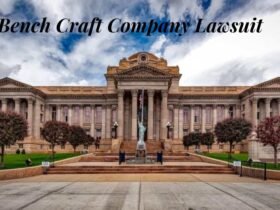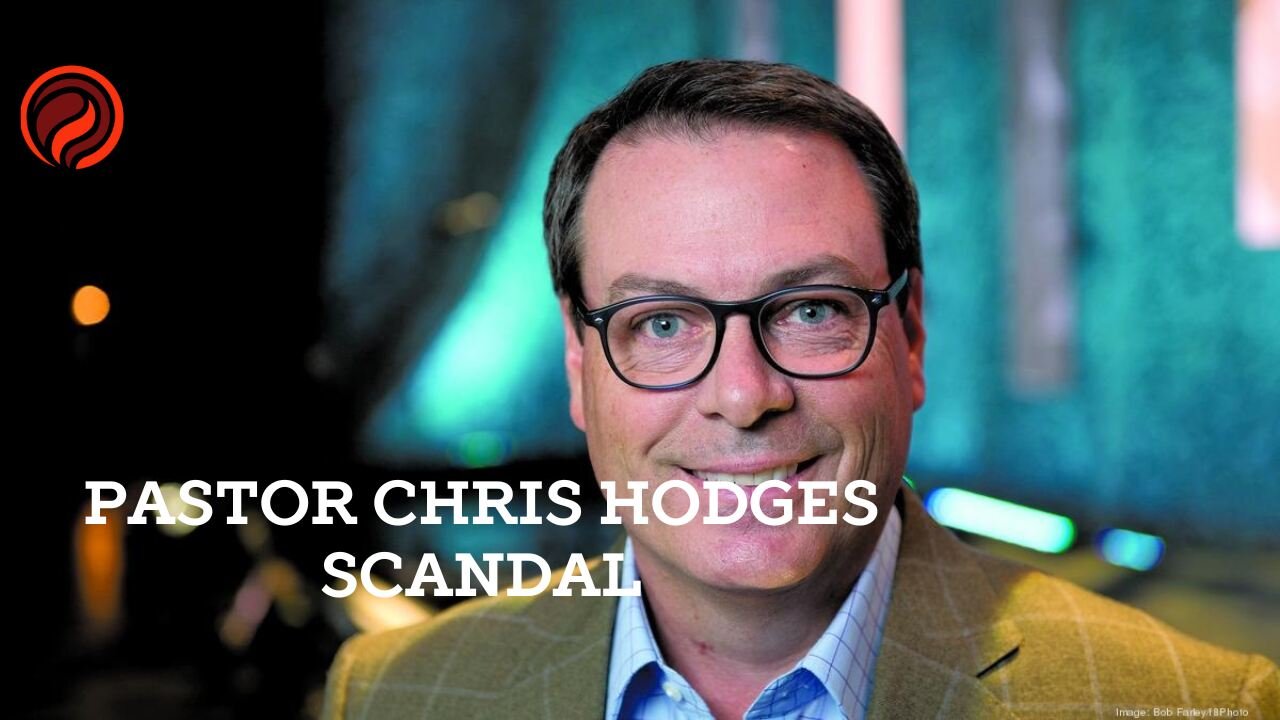Introduction
In early 2020, Chris Hodges, the founding pastor of Church of the Highlands in Alabama, found himself at the centre of a heated controversy. This incident stemmed from his activity on social media, which sparked widespread debate and backlash within the community. Church of the Highlands is Alabama’s largest Church and one of the most influential evangelical churches in the United States, making the fallout locally and nationally significant.
Background
Church of the Highlands has long been recognized for its extensive community outreach and rapidly growing congregation, boasting tens of thousands of members across multiple campuses. The controversy began when Pastor Hodges liked several social media posts deemed racially insensitive. These actions did not sit well with parts of the community and led to immediate ramifications. Notably, the Birmingham Board of Education and the Housing Authority of the Birmingham District decided to cut ties with the Church, affecting numerous community programs once supported by the Church.
Details of the Controversy
The posts Hodges liked were controversial because they contained content that many considered to be racially insensitive, sparking accusations of implicit racial bias. The backlash was swift, with community members and leaders expressing their disappointment and concern over Hodges’ actions. This controversy questioned his judgment and put the Church’s reputation under scrutiny, challenging its commitment to inclusivity and racial harmony.
Chris Hodges’ Response
In response to the growing tension, Pastor Hodges issued a public apology, stating that his actions were a mistake and not reflective of his personal beliefs or the values the Church of the Highlands upheld. He emphasized his heartbreak over the pain his actions had caused and expressed a commitment to do better in the future. The Church also initiated internal reviews and pledged to enhance its racial awareness and inclusivity efforts, including diversity training for its staff and leadership.
Impact on Church and Community
The scandal had tangible impacts on the Church of the Highlands. Attendance fluctuated, and the Church’s role in community programs was scrutinized. However, the Church also saw an increase in internal engagement concerning discussions on race and reconciliation, reflecting a community eager to heal and move forward. Furthermore, the incident catalyzed other religious organizations to reevaluate their policies and practices related to race and inclusivity.
Reflections and Future Implications
This incident serves as a critical lesson in accountability and the power of social media in shaping public perception. For leaders in any capacity, but especially those in moral and spiritual guidance roles, the balance between personal expression and public responsibility is delicate and significant. The Church of the Highlands’ experience highlights the ongoing challenges institutions face in navigating issues of race and inclusivity, particularly in diverse and multi-faceted communities.
Conclusion
The controversy surrounding Pastor Chris Hodges and the Church of the Highlands underscores the complexities of leadership in a digital age. It reminds us of the importance of transparency and sensitivity in public communications and the impact of leadership actions on community trust and relationships. As the Church of the Highlands continues to grow and learn from this experience, the broader religious and civic communities can also draw lessons on the importance of fostering environments where inclusivity is a practised value, not just a stated one. Ultimately, this scandal has shaped the Church’s future direction and sparked a broader dialogue about race, leadership, and accountability that continues to resonate.











